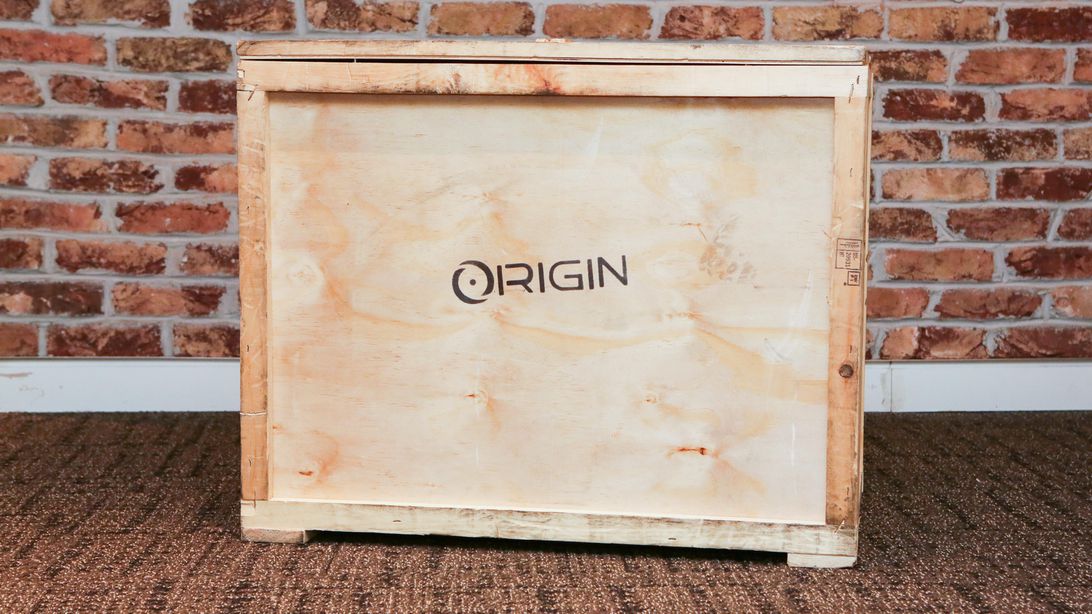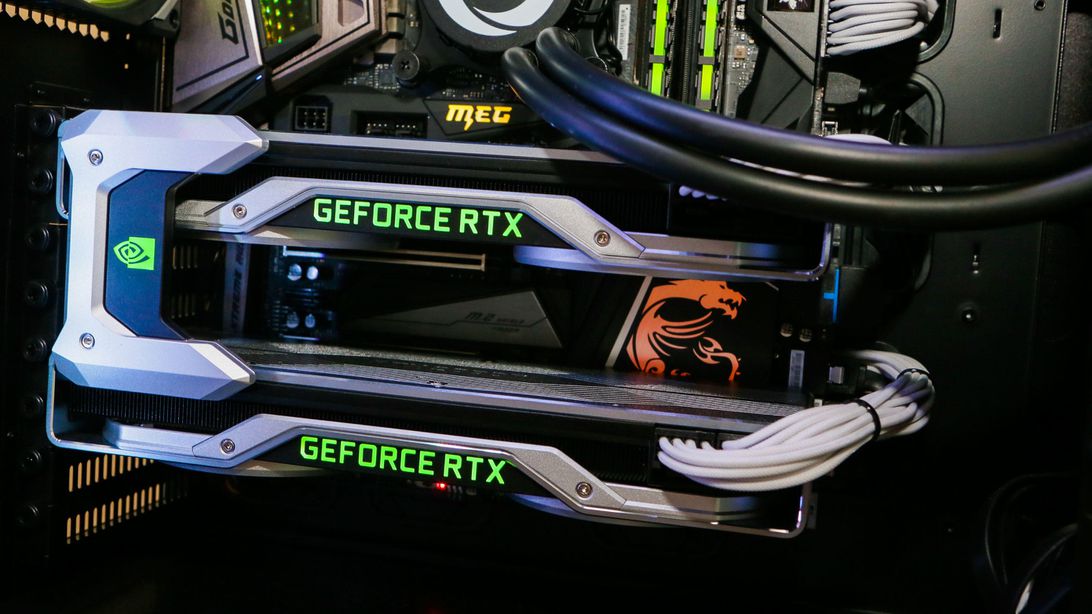Best gaming PCs for 2020
On the hunt for the best gaming PC in 2020? This guide may be able to help. But first I should disclose that, in all my decades of offering buying advice, Windows desktop PC recommendations have always been among the most difficult, at least beyond the basic stream-video-and-surf-the-web systems. And gaming PCs rank among one of the hardest, at least if you're in the 99% for whom price matters. There are just too many gaming desktop choices, with way too many permutations.
We've hit a big transitional period with respect to picking the two major system components for gaming performance, graphics card and processor. Intel earlier this year announced the first wave of its eagerly awaited Ice Lake-architecture 10th-gen Core i processors. Though I don't expect a huge performance improvement in typical CPU tasks, Ice Lake's upgraded graphics engine could affect how important a discrete graphics card is to you. The 10th-gen edition adds Thunderbolt 3 native support as well -- no driver necessary -- which hopefully will speed its adoption in Windows desktops. At the very least, the faster transfer can potentially make storing or swapping games externally a lot less painful.
In addition, AMD finally shipped the first of its new line of mainstream gaming cards, the Radeon RX 5700 series. Nvidia countered with "Super" versions of its GeForce RTX cards. It doesn't provide new performance thresholds, but the pricing change affects the head-to-head choice in gaming experience with AMD.
Recommended systems
Choosing the best gaming computers for your gaming experience is all about trade-offs. Every game uses system resources -- processor (CPU), graphics processor (GPU), memory (RAM), storage -- differently, and often horribly inefficiently. You can't even count on resource core usage consistency across a specific game genre, such as first-person shooter (FPS) or platformer, because optimization levels can vary wildly. Gaming (and content-creation) PCs are the angry toddlers of consumer electronics: They're loud, willful and require constant supervision. And just when you think they're under control, they veer off into crazy-town.
I'll admit, I'm waving my hands a bit here: These are not recommendations for specific systems, more for ballpark configurations and honorable mentions of the manufacturers or system builders with a specific case design that you should consider in various scenarios. (And when it's time to sweat the details, User Benchmark is a great site for getting a sense of key features, and performance deltas between different components.)
If you want a little more guidance beyond these recommendations for the best gaming PC, scroll down to the end of the story. And note that this is not my final word; this story will evolve over time.

As you configure your gaming rig, here are some considerations to keep in mind:
- For whichever CPU you buy, get the latest generation available. It's usually indicated by by the first digit of the CPU model name. Tn this case, that means the eighth - or ninth generation for Intel Core i (such as i7-9700K, a ninth-gen processor) and third generation for AMD Ryzen (e.g., Ryzen 7 3700X). That may or may not still be true once we see a subsequent generation of either, but for now, there have been noticeable performance increases from the previous generations.
- A "gaming system" is effectively defined by its use of a discrete graphics processor, which, for the moment at least, means AMD Radeon or Nvidia GeForce graphics. So it (should) go without saying that you should avoid dirt-cheap configurations with integrated GPUs (iGPUs). However, if the best gaming PC you can afford right now is an iGPU-based system, make sure it either has sufficient slot space and power supply for a GPU upgrade. Unfortunately, Thunderbolt 3 ports on desktops are pretty scarce, so attaching an external GPU (eGPU) at some point in the future may not be an option yet.
- Figure out what kind of tech support client you are. Do you waste hours banging away at a problem, scouring the web for help, rather than contacting the company -- guilty! -- or do you want humans available to you to quickly help smooth over the rough patches? Big manufacturers usually have active user forums scattered around the web for user-to-user help and knowledge-bases with some troubleshooting help; boutique builders, not so much, because you're paying a premium for more personal human help and because the configurations are highly customized.

- Before you start configuring, think about what your most frequently played games are and check out forums to figure out whether their performance depends on a gazillion-core CPU or eats GPU cycles. Can they take noticeable advantage of 4K resolution, or do they look the same as in HD, just with an unplayably large drop in frame rate?
- On the flip side, don't get hung up too much on frame rates past a certain point: If you look at the numbers across a variety of benchmarks and game types, you do get a sense of the relative power of one configuration over another. But your goal is smooth gameplay -- depending upon the game and your monitor's capabilities, that can vary from a minimum of 60fps to 240fps or more -- at a quality level that pleases you and that fits within your budget. The Falcon Northwest and Origin PC systems I've tested most recently have given me over 200fps in 4K running Doom because that game takes advantage of the dual GPUs in it. But I'd be dying just as spectacularly at 120fps in 1440p (2,560x1,440) and have learned I would gladly exchange some of those frames for more stability in Adobe's applications.
- Intel vs. AMD CPUs: Unless you're buying a custom build or doing it yourself, you really don't get to choose comparable configurations to mix and match. The manufacturers tend to choose the configurations based on what they think will be popular at given price levels. Pick your preferred graphics card and then see what CPU options are on offer within your budget. AMDs tend to have slower clock speeds -- they have higher base clocks and lower boost clocks -- but better multicore performance for the same money. If your favorite games are old, they probably don't take advantage of more than four cores (if that), and will likely give you the power you need from Intel's fast individual cores.